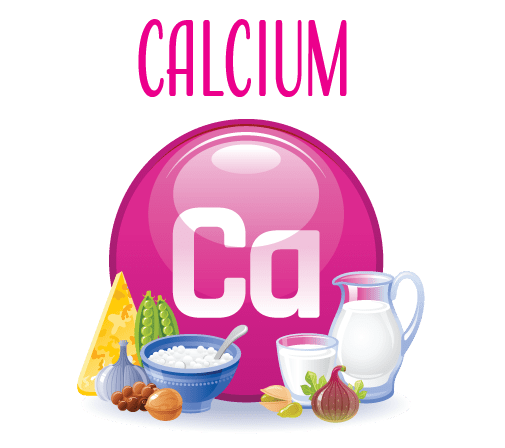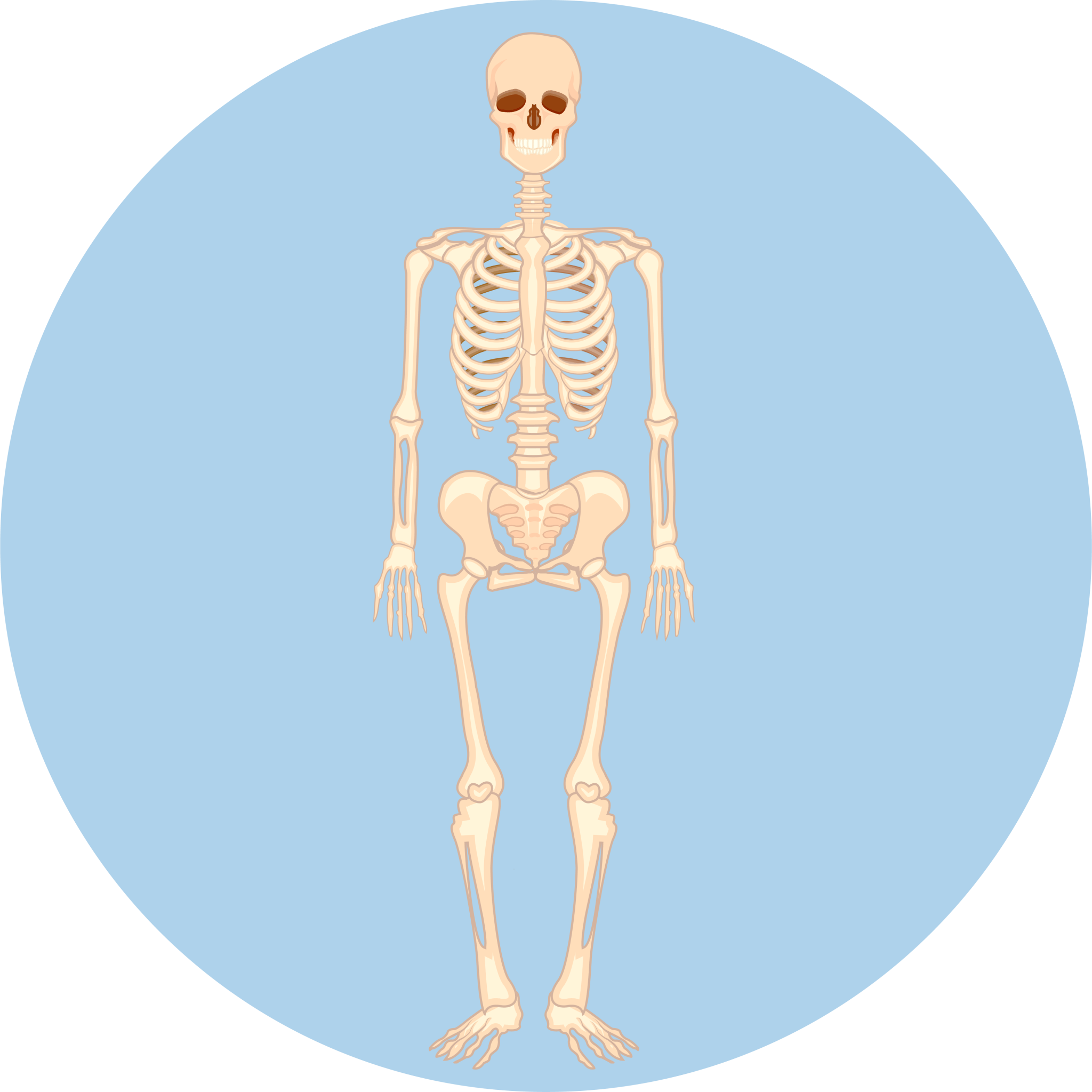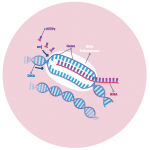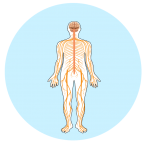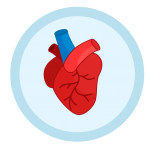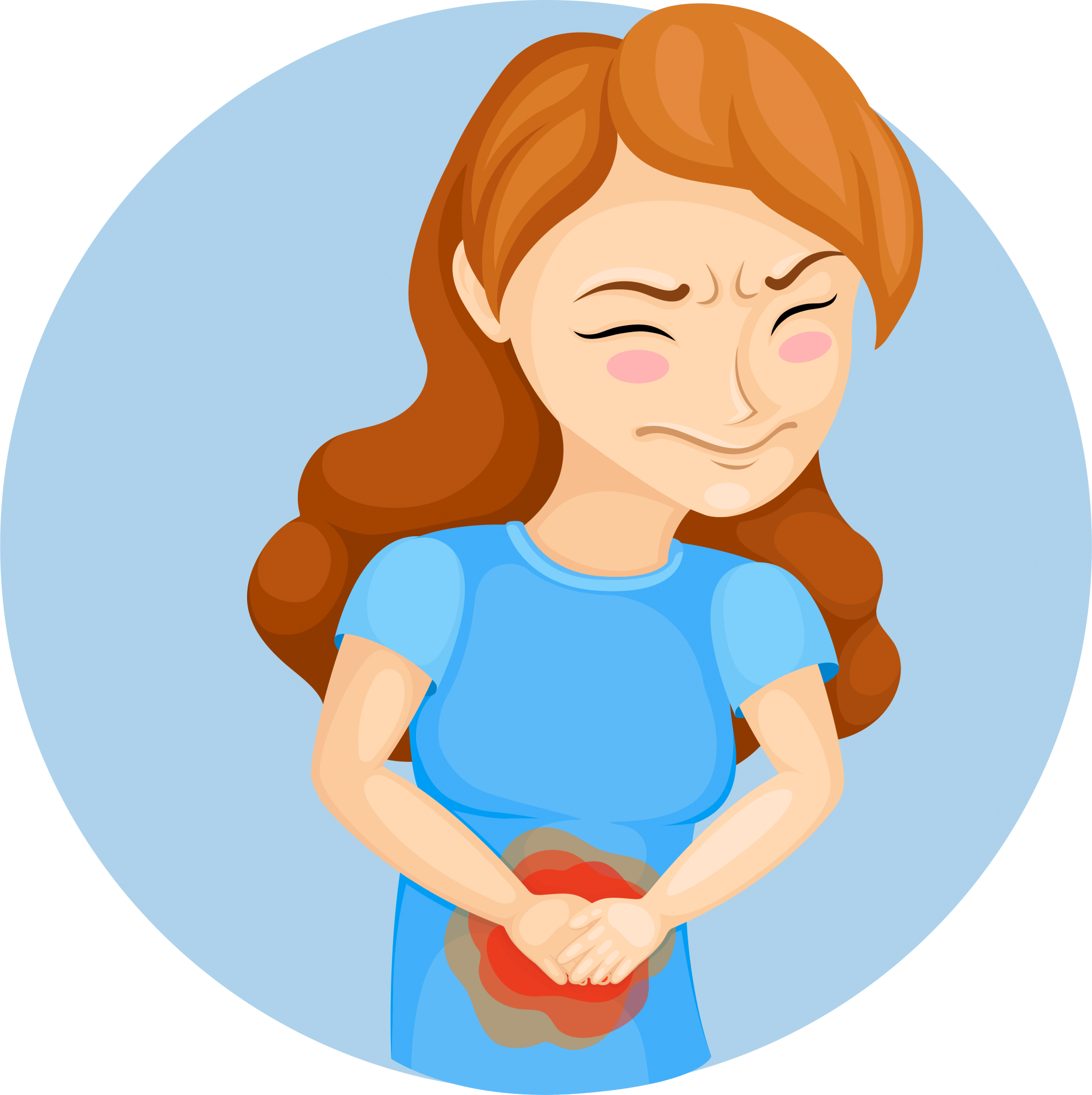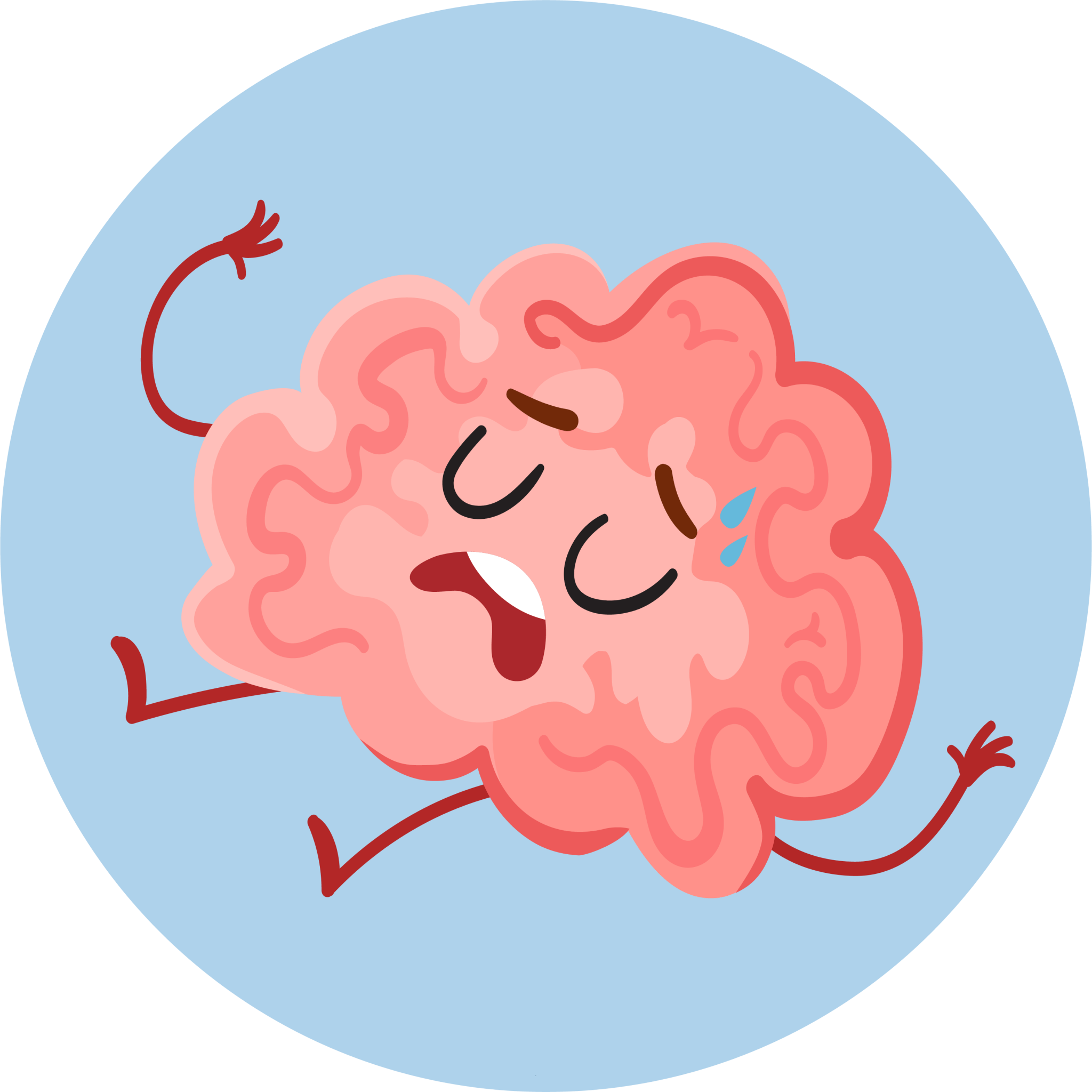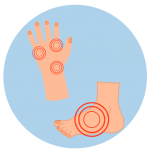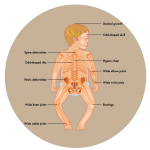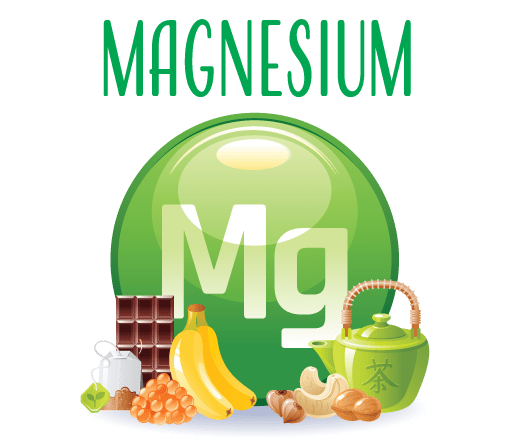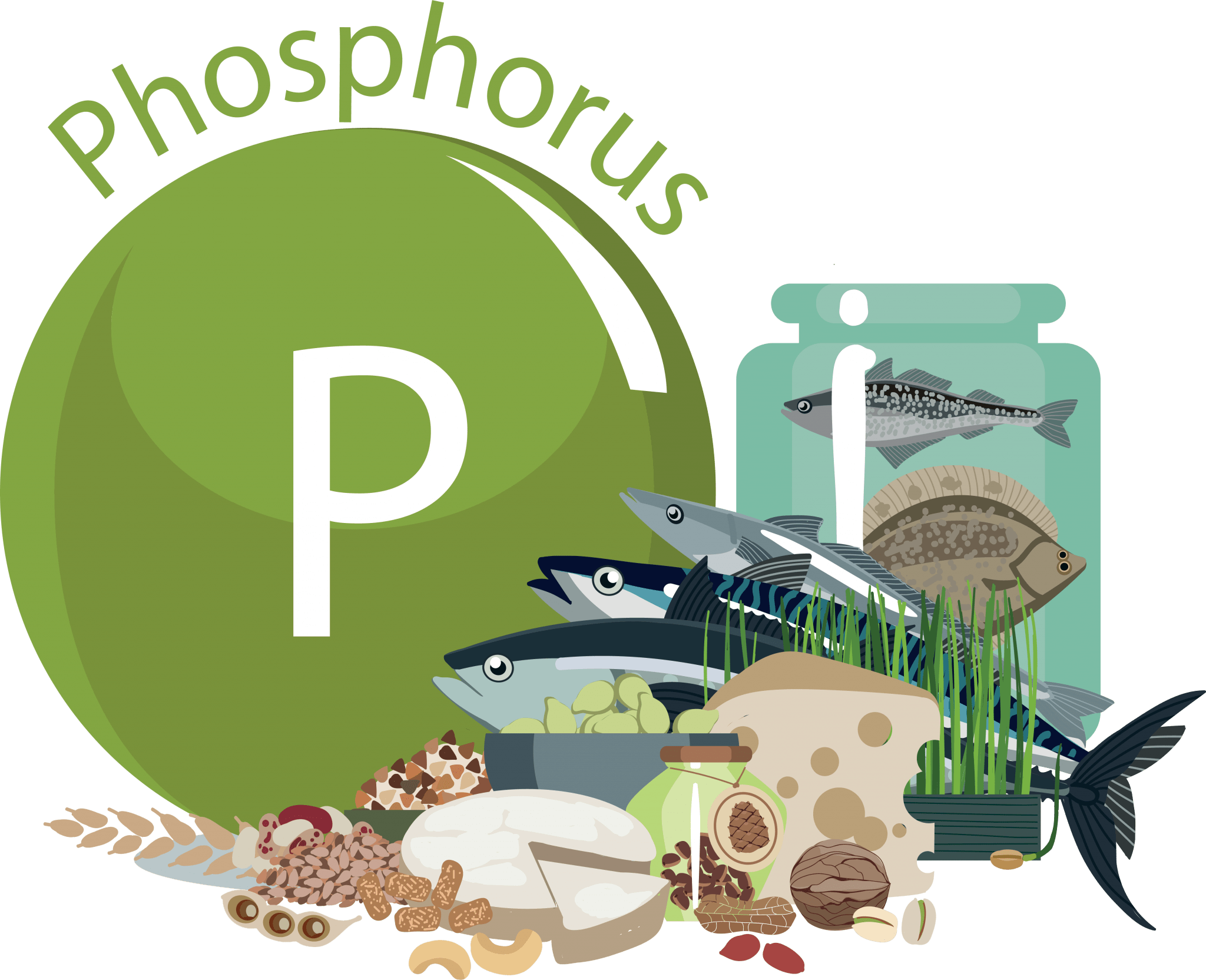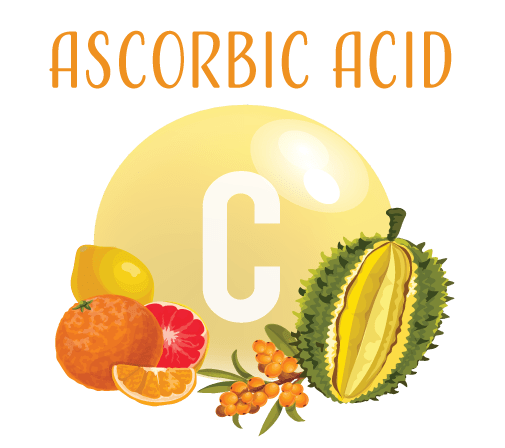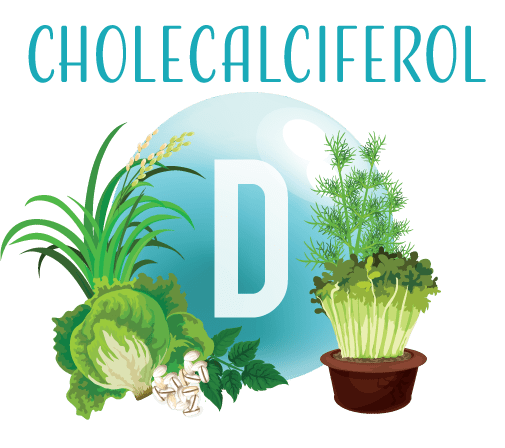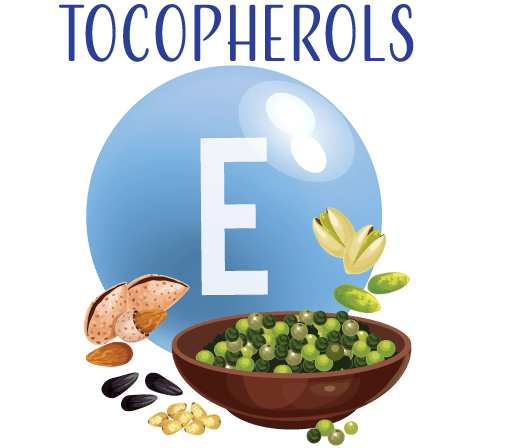The Benefits of Calcium: A Vital Mineral for Strong Bones, Energy and Healthy Movement
Calcium is a crucial mineral for overall health, as it is vital for the development and maintenance of strong bones and teeth. However, like most things in life, too much or a calcium deficiency can be harmful to the body.
Calcium deficiency can lead to bone and teeth problems such as osteoporosis, brittle bones, and tooth decay. On the other hand, excess calcium can cause hypercalcemia, which can lead to kidney stones, abdominal pain, and other gastrointestinal issues.
Overall, it’s important to maintain an appropriate and balanced intake of calcium, depending on age, gender, and lifestyle. While most people can obtain sufficient amounts through diet and supplements, it’s always best to speak to a healthcare provider and get regular check-ups to ensure optimal health.
